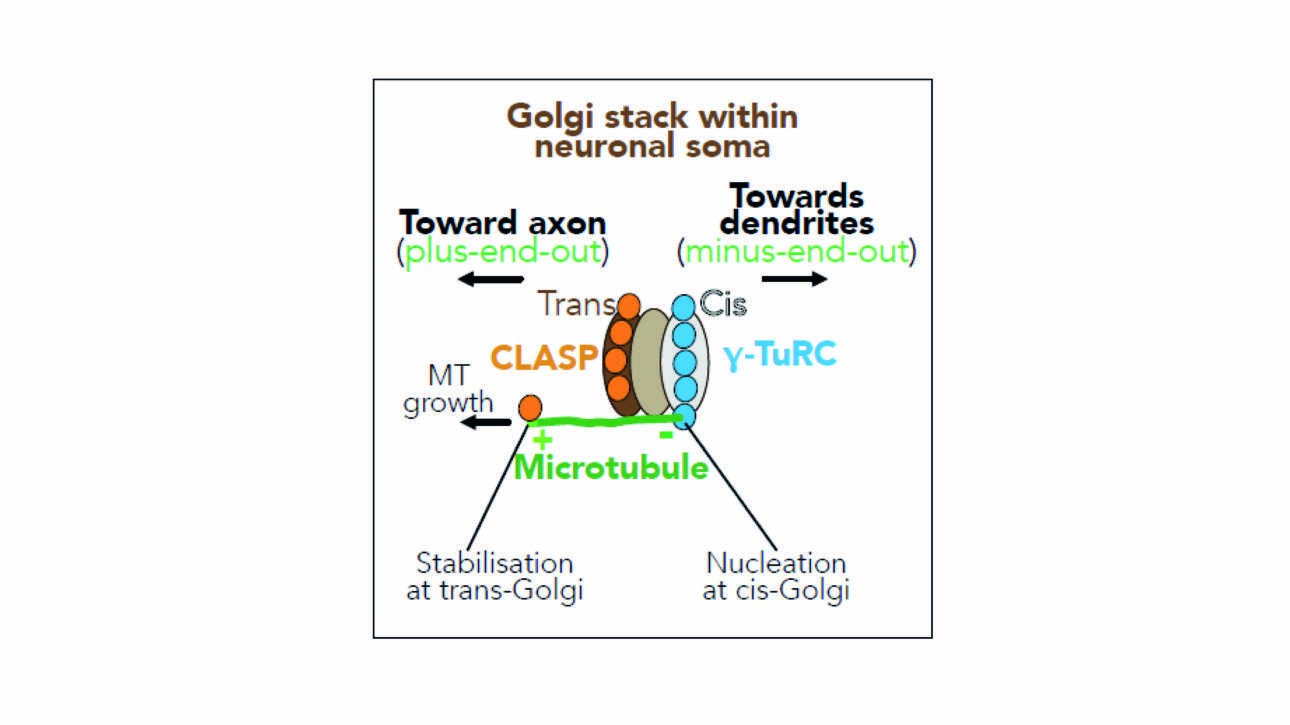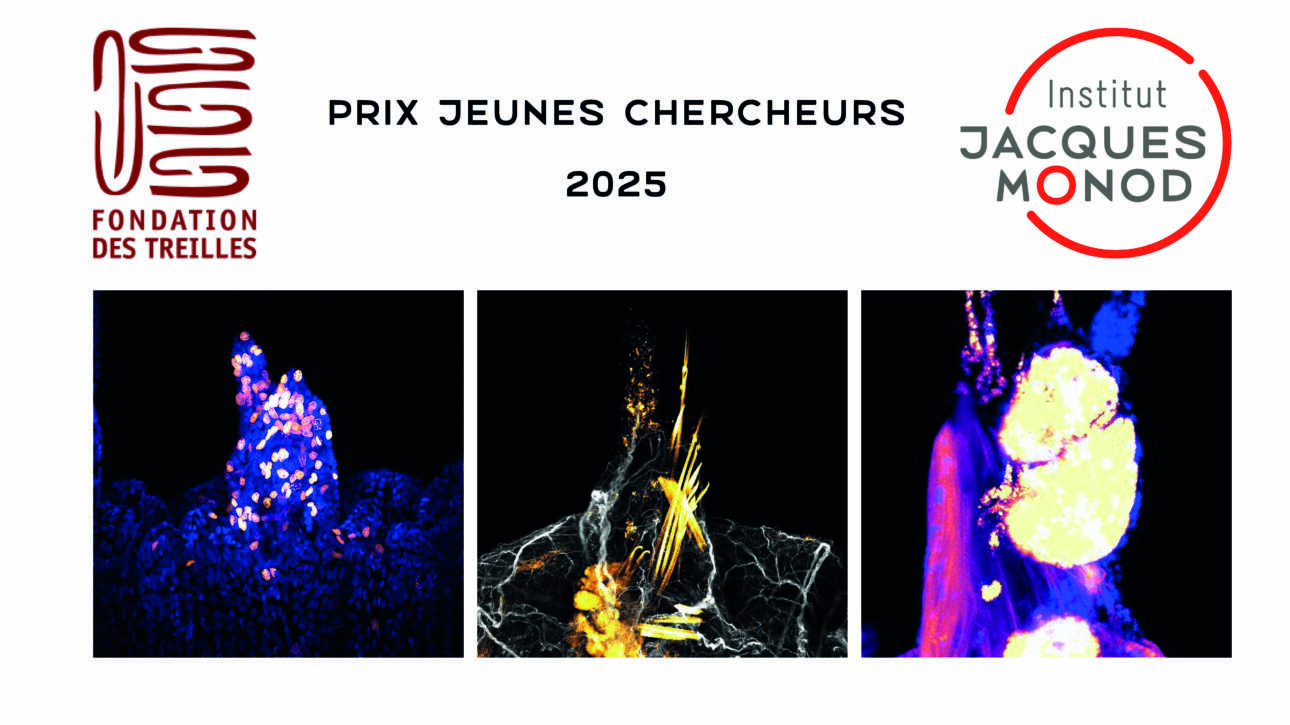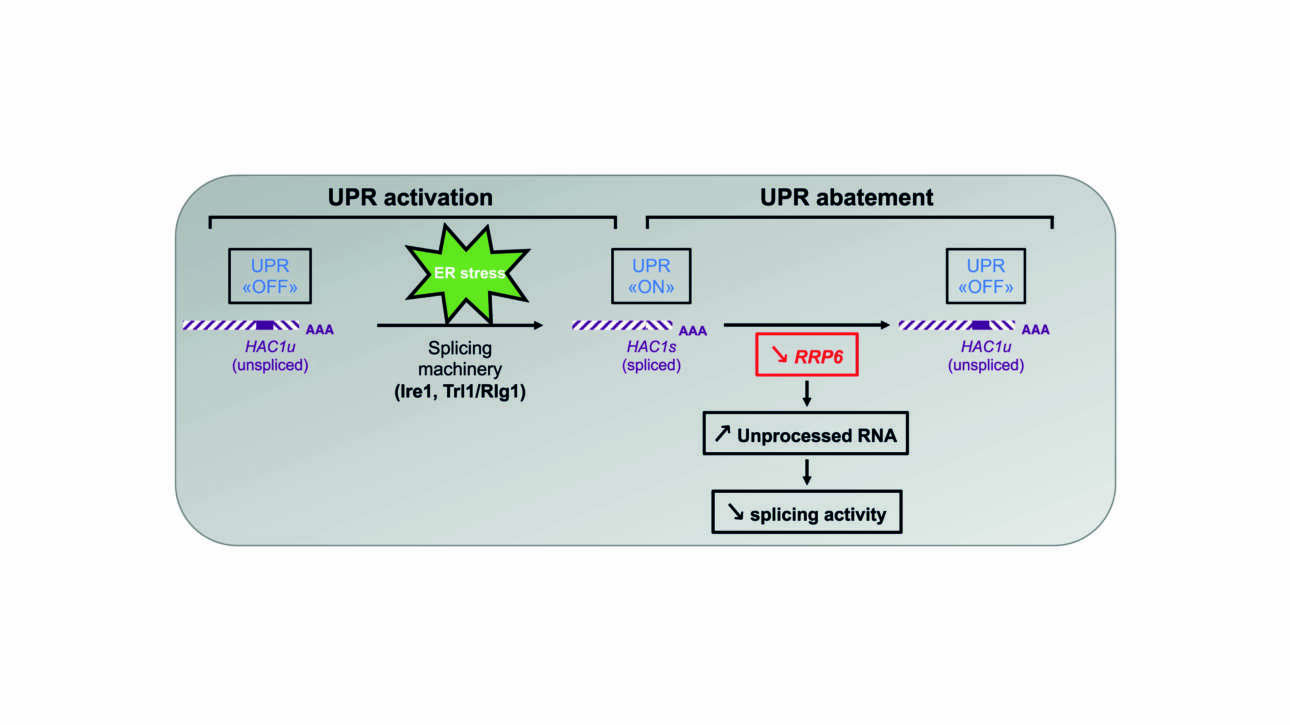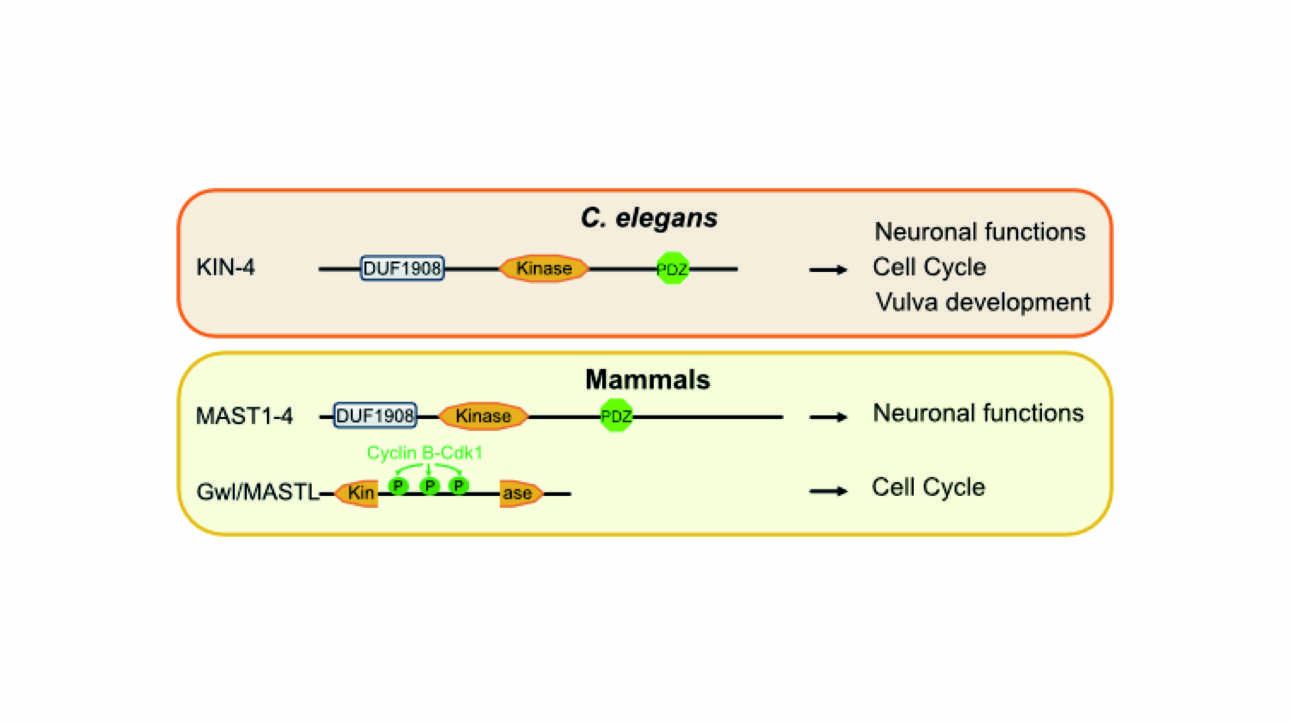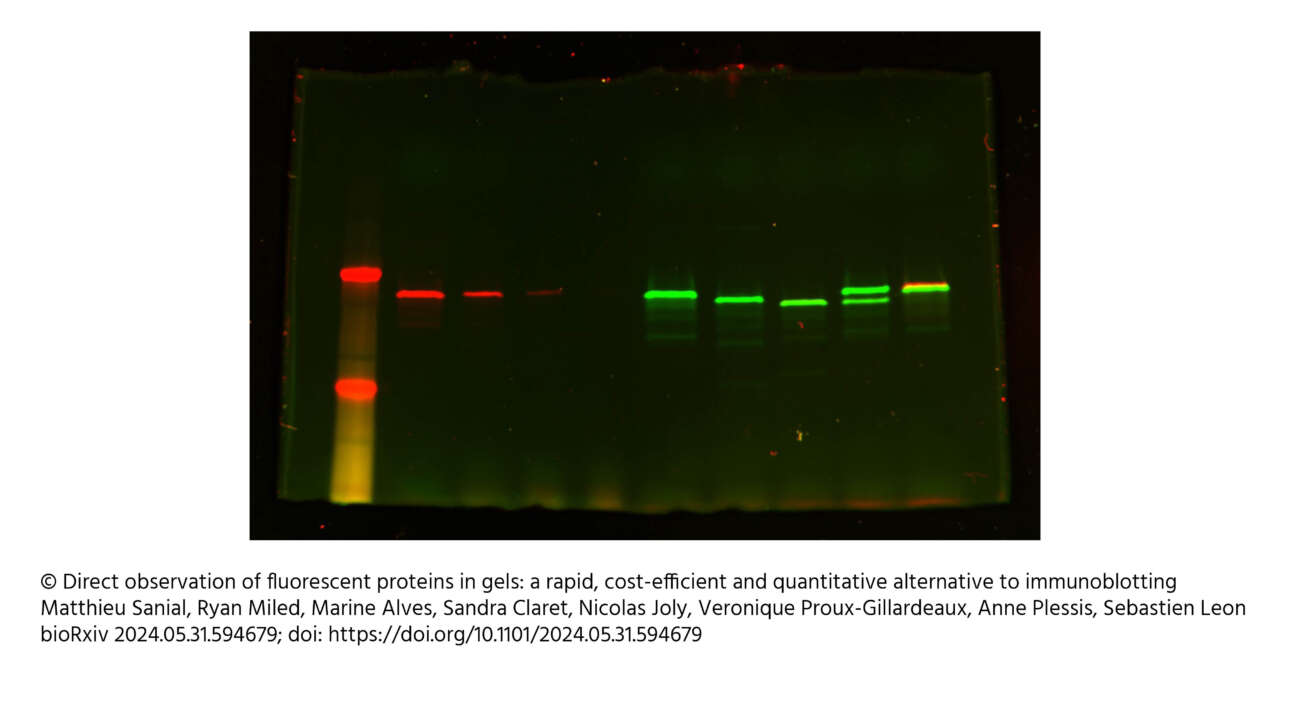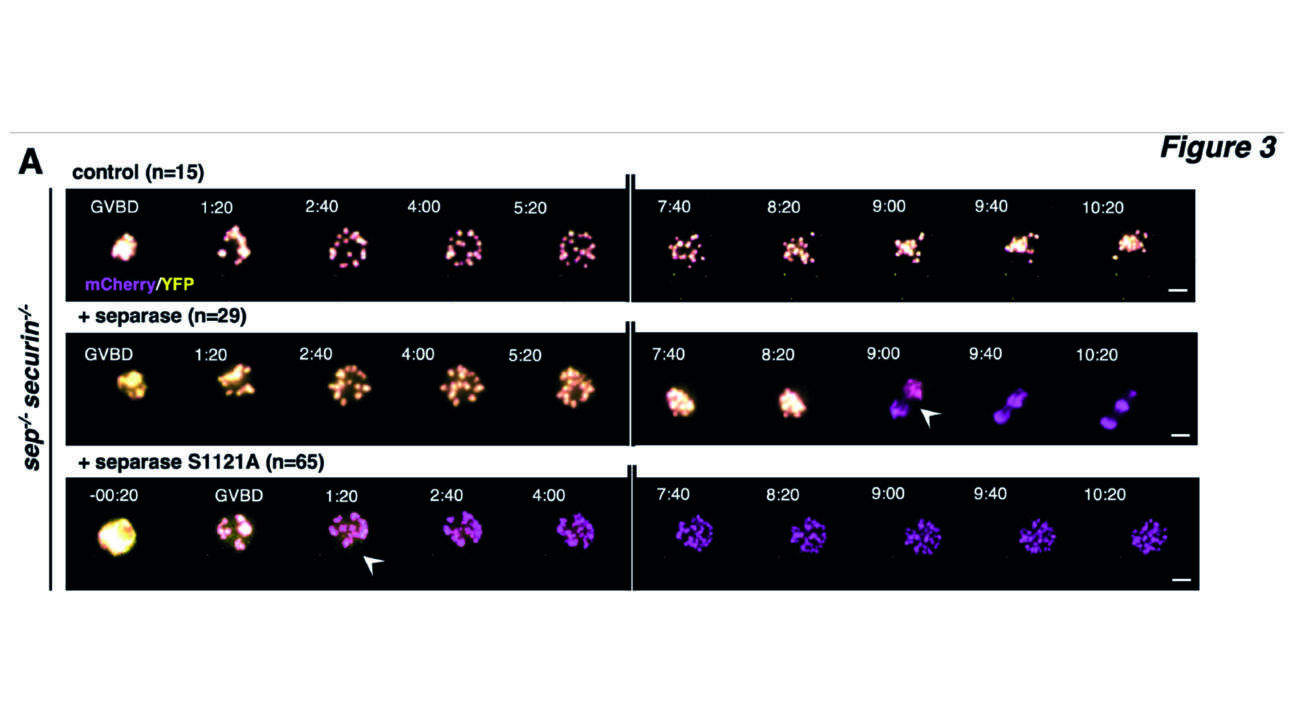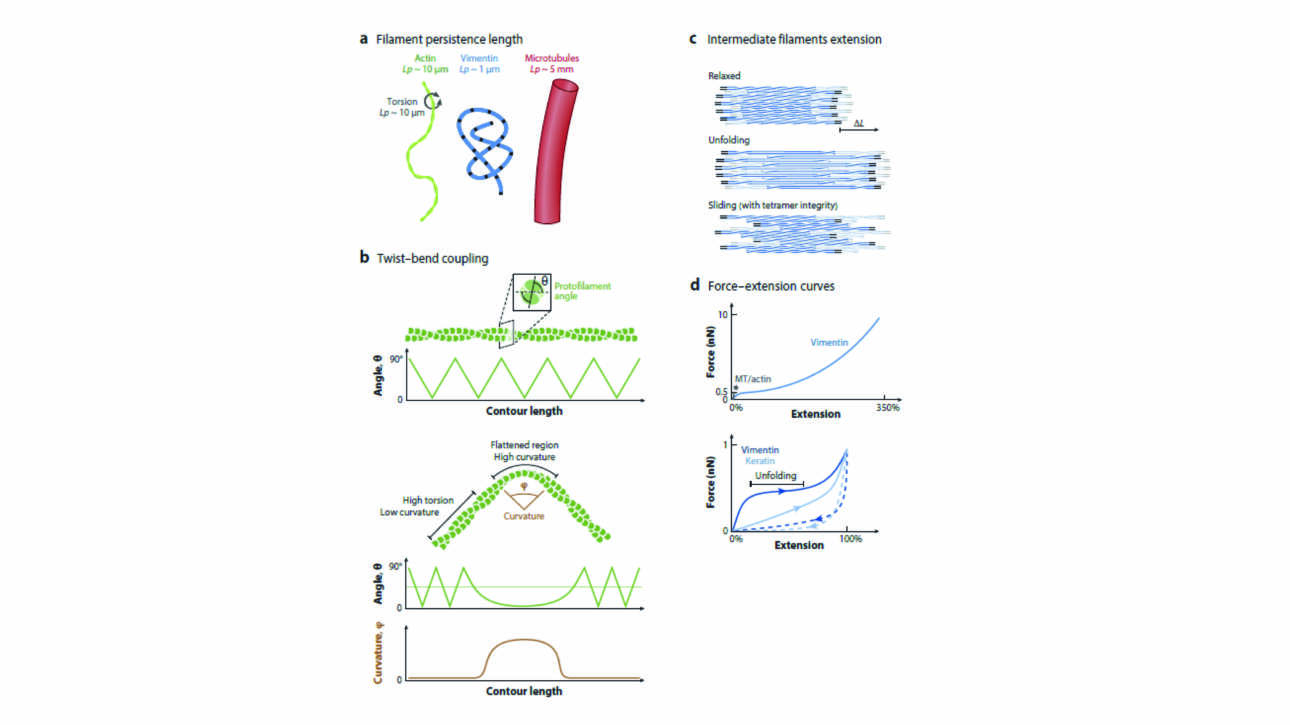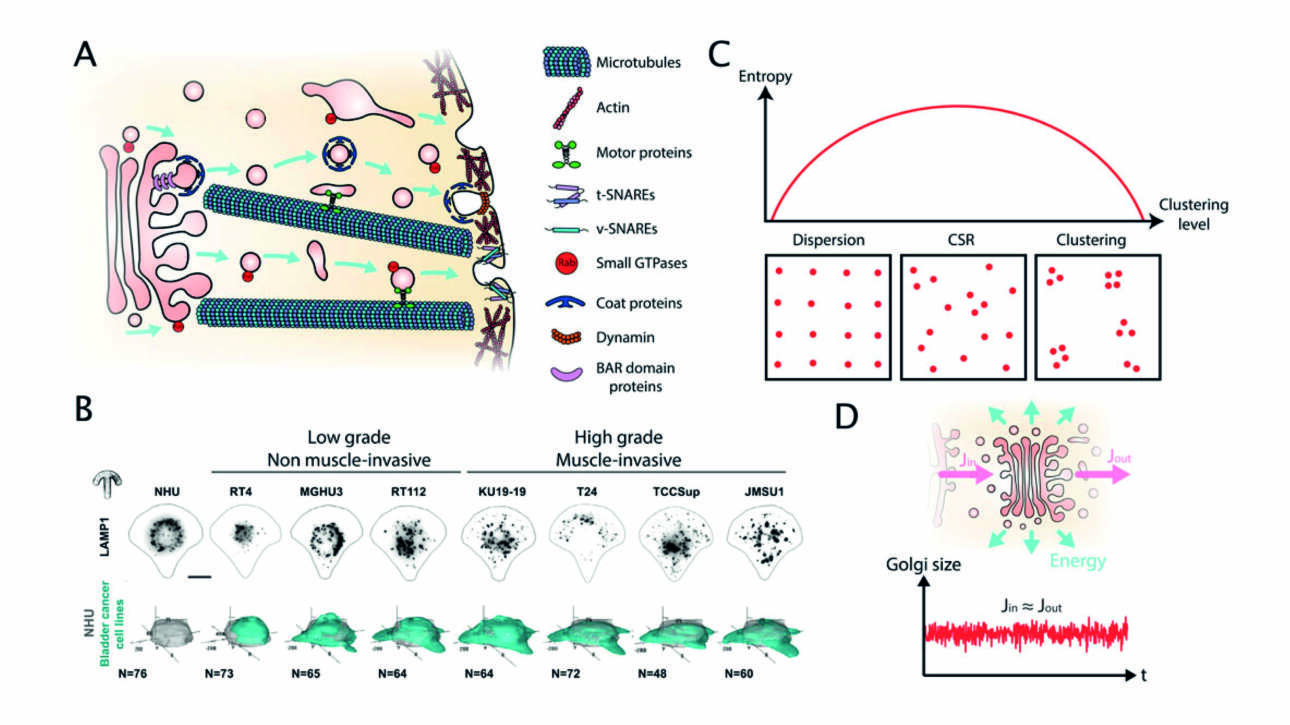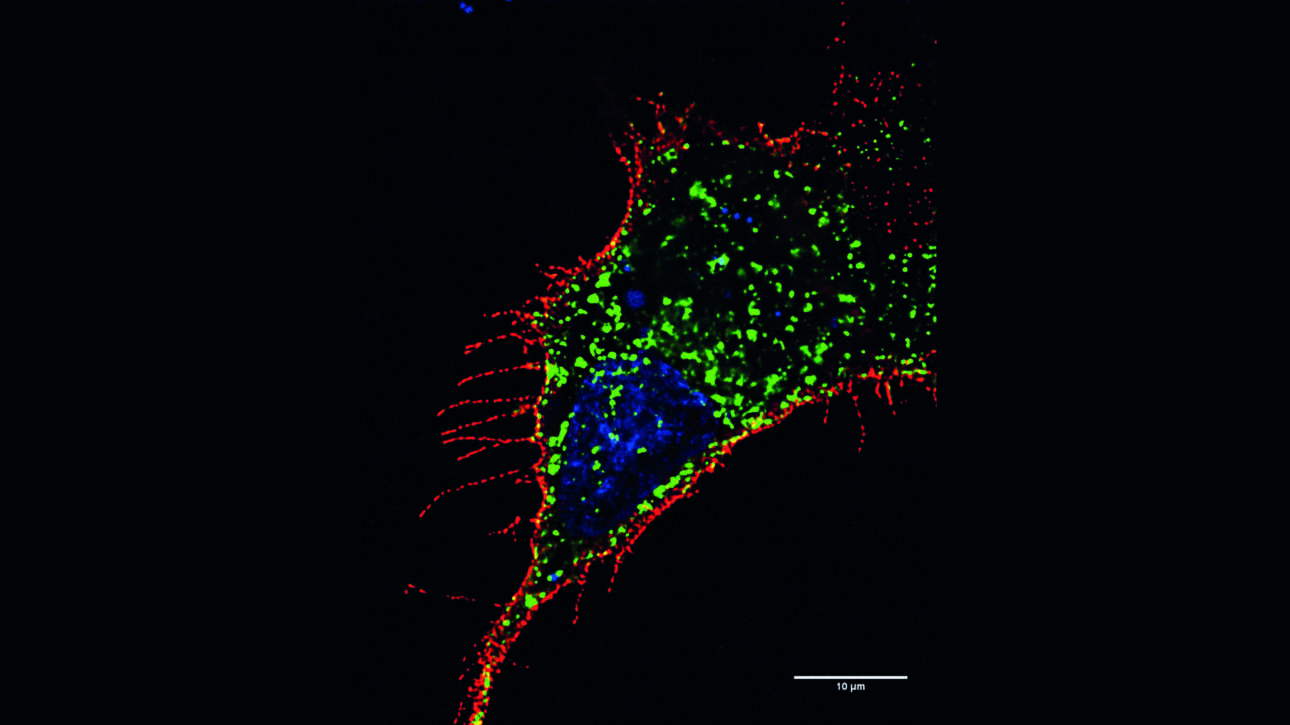The Conduit Lab published a new article in Current Biology:
Asymmetric microtubule nucleation from Golgi stacks promotes opposite microtubule polarity in axons and dendrites
Abstract:
The neuronal microtubule cytoskeleton is highly polarized, with most microtubules growing away from the soma in axons (plus-end-out), but many microtubules growing toward the soma in dendrites (minus-end- out). This differential microtubule…
